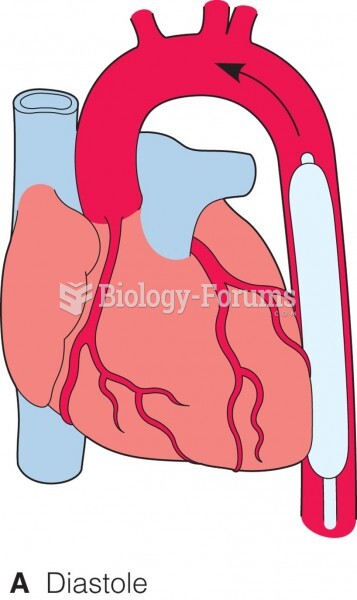Answer to Question 1
Answer: A variety of resources foster resilience in emerging adulthood:
Cognitive attributes:
Effective planning and decision making
Information-gathering cognitive style and mature epistemic cognition
Good school performance
Knowledge of vocational options and necessary skills
Emotional and social attributes:
Positive self-esteem
Good emotional self-regulation and flexible coping strategies
Good conflict-resolution skills
Confidence in ones ability to reach ones goals
Sense of personal responsibility for outcomes
Persistence and effective use of time
Healthy identity developmentmovement toward exploration in depth and certainty of commitment
Strong moral character
Sense of meaning and purpose in life, engendered by religion, spirituality, or other sources
Desire to contribute meaningfully to ones community
Social and financial supports:
Warm, autonomy-supportive relationship with parents
Positive relationships with peers, teachers, and mentors
Financial assistance from parents or others
Sense of connection to social institutions, such as school, religious institution, workplace, and community center
Answer to Question 2
Answer: Sternbergs triangular theory of love identifies three componentspassion, intimacy, and commitmentthat shift in emphasis as romantic relationships develop. Passion, the desire for sexual activity and romance, is the physical- and psychological-arousal component. Intimacy, the emotional component, involves warm, tender communication and caring self-disclosure, plus a desire for the partner to reciprocate. Commitment is the cognitive component, leading partners to decide that they are in love and to maintain that love.
At the beginning of a relationship, passionate loveintense sexual attractionis strong. Gradually, passion declines in favor of intimacy and commitment, which form the basis for two additional forms of love. The first is companionate lovewarm, trusting affection and valuing of the other. The second, and perhaps the most fundamental type of love in any deeply satisfying close relationship, is compassionate loveconcern for the others well-being, expressed through caring efforts to alleviate the others distress and promote the others growth and flourishing. Each aspect of love helps sustain the relationship. Early passionate love is a powerful predictor of whether partners keep dating. Without the quiet intimacy, predictability, and shared attitudes and values of companionate love, most romances eventually break up. And the combination of intimacy and commitment inherent in compassionate love is strongly linked to partners relational happiness and plans to remain together over the long term.







